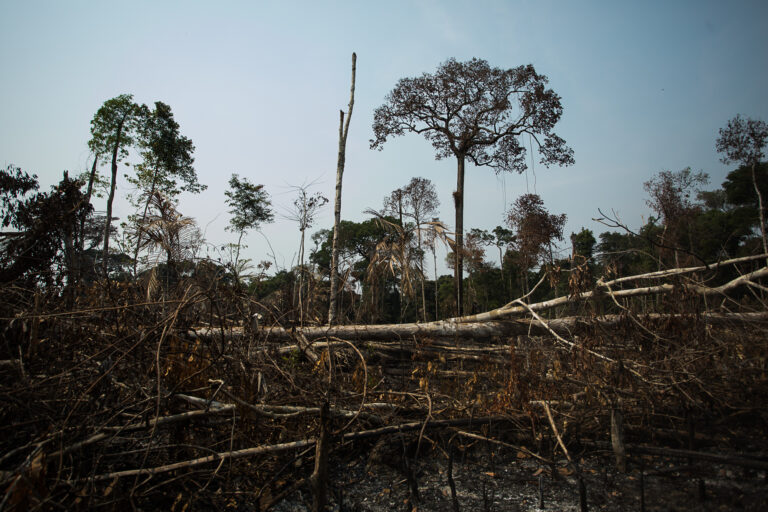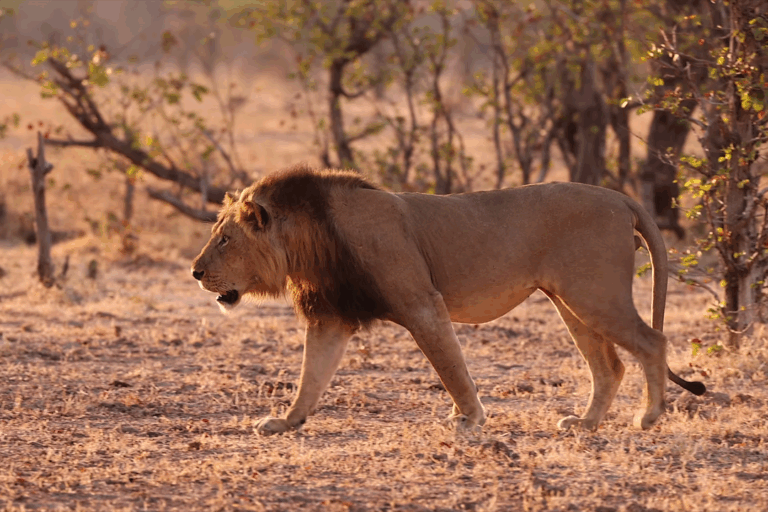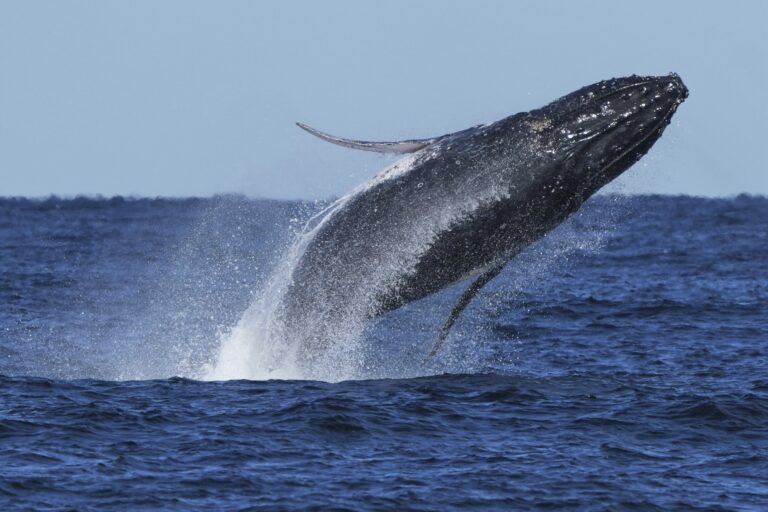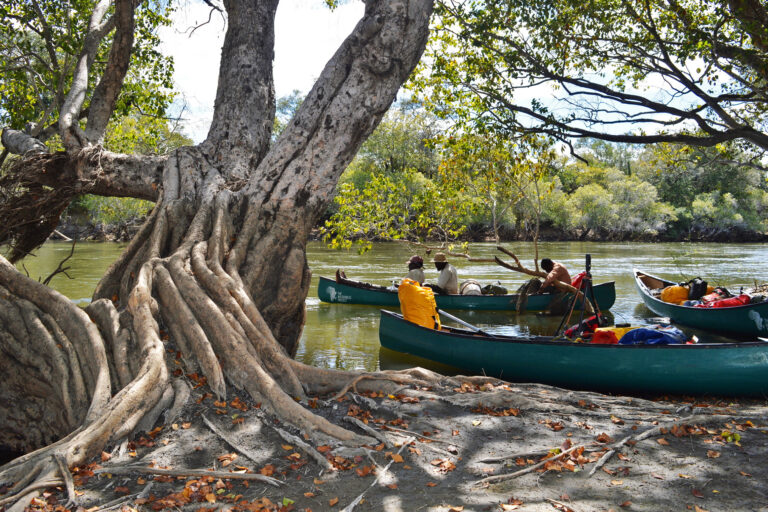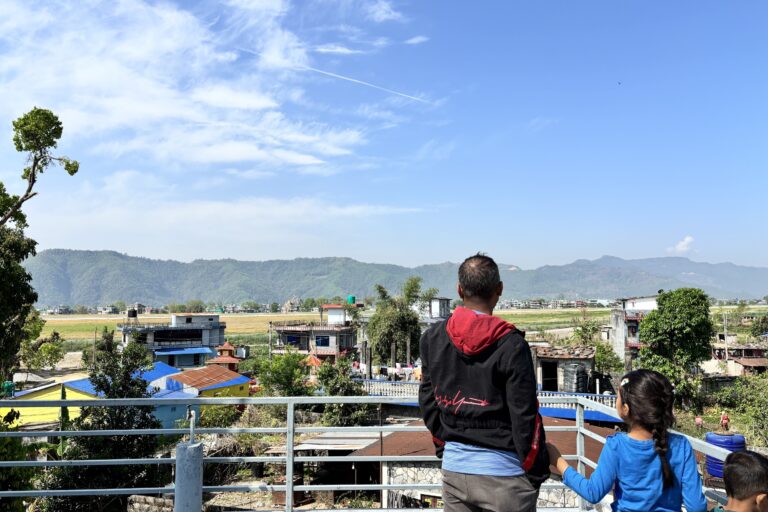View Larger Map
The tar sands as seen from Google Earth near Fort McMurray, Alberta.
Keystone XL is becoming the project that refuses to die: TransCanada, the company behind the pipeline, has said it plans to build the southern half of the pipeline while it waits to determine a new route for the northern section. The company does not need approval from the State Department, which turned down the entire pipeline in January, to build the southern half from Texas to Oklahoma. However, the Obama Administration has embraced the idea. Carrying carbon-intensive tar sands oil down from Canada to a global market, the proposed pipeline galvanized environmental and climate activists last year, resulting in several large protests and civil disobedience actions.
In response to TransCanada’s announcement, White House press secretary, Jay Carney, released a statement: “Moving oil from the Midwest to the world-class, state-of-the-art refineries on the Gulf Coast will modernize our infrastructure, create jobs, and encourage American energy production. We look forward to working with TransCanada to ensure that it is built in a safe, responsible and timely manner, and we commit to take every step possible to expedite the necessary federal permits.”
After delaying a decision on the Keystone XL Pipeline, the Obama Administration was forced by Republicans in a Congressional rider to make a decision in 60 days. The administration turned down the pipeline, ostensibly because they said the 60 day requirement was not enough time to make a decision, however the administration had received significant pressure from its base over concerns with the pipeline.
In August of last year, 1,253 people arrested in civil disobedience acts against the pipeline. Then in November, some 12,000 people encircled the White House in a massive protest against the pipeline.
Reasons against the Keystone pipeline were many and varied, from oil spill impacts to indigenous issues. But for most activists, the largest issue was climate change. Climatologist, James Hansen, has stated that if the full-extent of the tar sands are exploited along with the world’s coal reserves “it is essentially game over” for the climate. This is because tar sands are more carbon intensive than more conventional sources of oil: the Cambridge Energy Research Associates (CERA) estimated the greenhouse gas emissions of the tar sands was 5-15 percent higher than conventional sources, while the International Energy Agency (IEA) found that emissions were 20 percent higher. Others have given higher numbers.
Still, proponents of the pipeline argue it will create jobs and bring oil to the U.S. from a friendly neighbor, Canada. The State Department estimates that the pipeline would create around 5,000 jobs, nearly all of which would be temporary. In addition, the oil would enter a global market once it hits Texas refineries and just as likely be shipped overseas as stay in the U.S. Activists contend that it’s time to get off oil and move aggressively toward renewable energy.
A recent study has found that if the entirety of the tar sands were exploited it would raise global temperatures 0.64 degrees Fahrenheit (0.36 degrees Celsius). This represents around 45 percent of how much the world has warmed since the Industrial Revolution average. However, the same study found that while tar sands would raise the world’s temperature significantly, coal would fry it: burning the world’s reserves coal would knock temperatures up 26.6 degrees Fahrenheit (14.8 degrees Celsius), essentially leading to a climate doomsday scenario.
Related articles
Kelly Blynn: activists not “letting the pressure off” on Keystone pipeline

(02/06/2012) Along with Bill McKibben and a small cadre of passionate environmental activists, Kelly Blynn co-founded the climate activism group “350.” 350 exemplifies the power of online networks combined with activism and has coordinated some of the largest and most successful environmental protests in history. The 350 team has organized more than 5,200 events in 181 countries around the world. Kelly graduated from Middlebury College with a degree in Geography and Environmental Studies and experience coordinating one of the largest university campus environmental activism groups in the United States. Blynn is currently situated in Washington, D.C.
U.S. media favored Keystone pipeline in coverage
(01/26/2012) A new report by Media Matters finds that U.S. TV and print media were largely biased toward the construction of TransCanada’s Keystone XL Pipeline, which the Obama administration recently turned down. The report finds that guests and quotes were largely in favor of the pipeline in addition to news outlets consistently repeating job figures for the pipeline that have been discredited.
Obama rejects Keystone pipeline, but leaves door open for tar sands
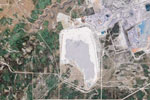
(01/18/2012) The Obama administration today announced it is scrapping TransCanada’s Keystone pipeline after Republicans forced a 60-day deadline on the issue in a Congressional rider. The State Department advised against the pipeline arguing that the deadline did not give the department enough time to determine if the pipeline “served the national interest.” The cancellation of the pipeline is a victory for environmental and social activists who fought the project for months, but Republicans are blasting the administration.







